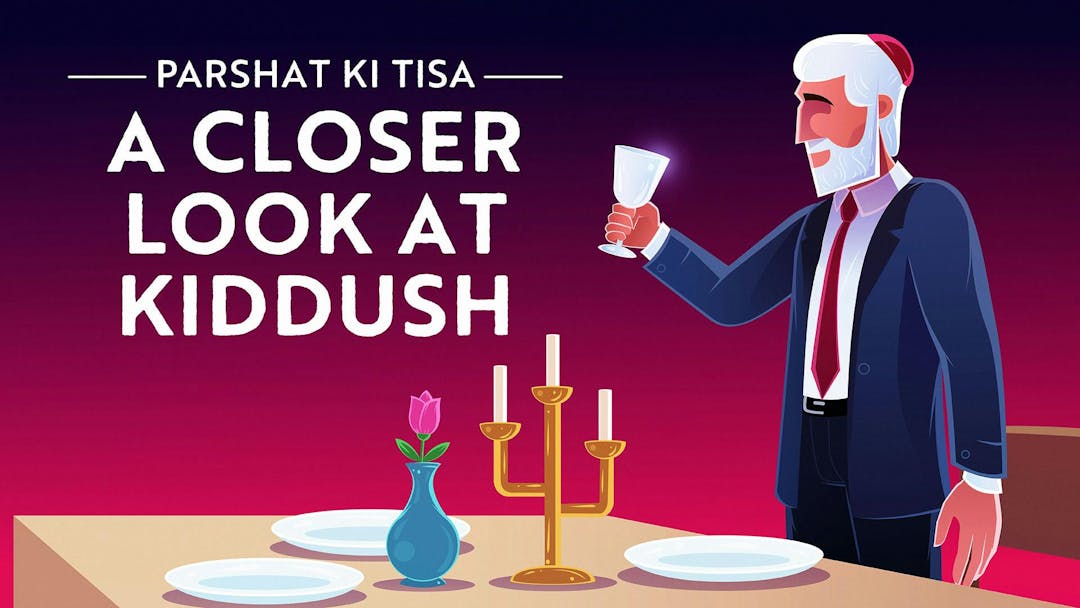Start your free trial today to unlock the full library and enjoy unlimited and uninterrupted access.
Get StartedMoshe's Benevolent Chutzpah (Part 1 of 2)
Being Brave Enough To Change God's Will
In this week's parsha, the Jewish people commit the worst sin possible – worshiping a false god – right after God gives them the Torah on Mt. Sinai. In this video, Rabbi Fohrman asks us about a bizarre question that Moshe asks God, "Why, God, should you be angry at your people?"
Moshe’s negotiation with God in the aftermath of the Golden Calf is an extreme example of prayer changing God’s will. Moshe passionately argued with God over His decision to wipe out the Israelites, and shockingly, God listened. Where did Moshe get the chutzpah to tell God what to do – and why did God agree?
Join Rabbi Fohrman as he shows what it was about this prayer that caused God to change His will, and reminds us that God and the nation of Israel are attached by destiny. Then, listen to the epilogue, where Rabbi Fohrman compares the text of the Golden Calf to the story of the flood and asks what it truly means to be a man of God.
Want to watch the full video for free?
Enter your email and we’ll send you a link to watch the full series free.
What is Aleph Beta?
Aleph Beta is a unique kind of Torah library. Led by our founder, Rabbi David Fohrman, we are dedicated to high-level, textual Torah learning for adults that is intellectually and spiritually sophisticated, that enlivens your Jewish practice and helps you forge a deeper connection to God. Whether you’ve been learning in yeshiva for years or you’re just beginning your Torah journey, you’re sure to find something meaningful and surprising waiting for you here.
Browse our library of over 1,000 beautifully produced animated videos, podcasts, deep dive courses, and printable guides. Topics include the weekly parsha, Jewish holidays & fast days, laws & mitzvot, prayers, relationships, big philosophical ideas and more. Have something to say at the Shabbos table that will amaze your family and guests and bring deep meaning into their lives.









